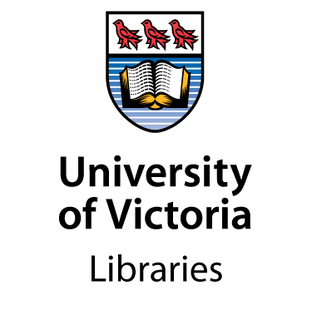Integrated Summary (“They say / they say / I say”) Assignment Guidelines
Full description
I use this pair of assignments in a first-year, multi-section course titled “Writing for Academic Success,” in which instructors are given quite a lot of latitude, but in all cases expected to assign, among other things, a “research paper”—an entity I approach with skepticism, in part because of the finding that it can go awry as a teaching and learning exercise (Manarin et al., 2015).
One of my goals in the course is to introduce students to the culture of academia as a knowledge-making institution, a culture that can, as others have observed, be invisible — not to mention “odd” (Graff, 2008) – to first-year students. In particular, I ask students to think about how they come to know things, what the strengths and limitations of that way of building knowledge might be, and how substantial, enduring, shared knowledge can be built. I invite them to see academic research as one kind of effort to carefully build legitimate, shared understandings. Both of these assignments support this goal.
I acknowledge that introducing students to “the” research culture of the academy, as I put it above, means I am perpetuating some oppressive myths about academia’s unity and its difference from the popular cultures students are already participating in. But I hope that this introduction is also liberatory in its own way, at least insofar as it helps students recognize – rather than founder in the face of – their professors’ unspoken habits of mind. I believe this is of particular benefit to students whose home cultures and educational backgrounds overlap less with the culture of Western, anglophone academia. (In this logic, I am influenced by Giltrow et al.’s [2021] Academic Writing: An Introduction; I am also maintaining an approach that others have legitimately critiqued.)
The first assignment, “What I Already Know,” tries, for starters, to legitimize students’ existing knowledge by giving them an opportunity to recount how they have already, in their lives, built deep knowledge of certain phenomena through first-hand experience. I think of this assignment as somewhat akin to assignments where students study and write about the discourse communities they belong to. My assignment also gives them a space to articulate—and show me, by demonstrating it—what they’ve already learned about academic writing.
The second assignment, “Integrated Summary,” is my answer to the “research paper”: it asks students to gather, classify, and summarize sources that make different knowledge claims about a topic, bringing them into conversation with each other, and positioning the student’s own knowledge, their own voice, among those others (Giltrow et al. call this, “orchestrating voices”; Bazerman, 2010, labeled something similar a “synthesis of sources”). Ideally the assignment helps students continue to see their own first-hand knowledge validated in the course, and – besides giving them some training in the valued academic skills of synthesis, comparison, summary, citation, and response – it also helps them see both the way they’ve come to know what they know, and the claims they’re therefore prepared to make about their topic, in clear relation to both popular and academic ways of producing and claiming knowledge.
My assignment guidelines are over-long – to the extent that I’ve felt it necessary to include an “in a nutshell” overview of the task before going into detail about the “Integrated Summary.” Instructors who can more elegantly guide students through these complicated tasks have my deep respect!
References
Bazerman, C. (2010). The informed writer: Using sources in the disciplines. The WAC Clearinghouse. https://wac.colostate.edu/books/practice/informedwriter/
Giltrow, J., Gooding, R., and Burgoyne, D. (2021). Academic writing: An introduction (4th ed.). Broadview.
Graff, G. (2008). Clueless in academe: How schooling obscures the life of the mind. Yale University Press.
Manarin, K., Carey, M., Rathburn, M., & Ryland, G. (2015). Critical Reading in Higher Education. Indiana University Press.
Bio: Sarah Banting is Associate Professor in the Department of English, Languages, and Cultures at Mount Royal University, where she teaches academic and disciplinary writing, rhetoric, and editing. Her work appears in Arts and Humanities in Higher Education, Written Communication, and English Studies in Canada. She has served several terms on the executive of the Canadian Association for Studies in Discourse and Writing. Her current research investigates pedagogy and curriculum in English literary studies.
Comments
to view and add comments.
Annotations
No one has annotated a text with this resource yet.
- typePdf
- created on
- file formatpdf
- file size196 kB
- creatorSarah Banting
- rights

